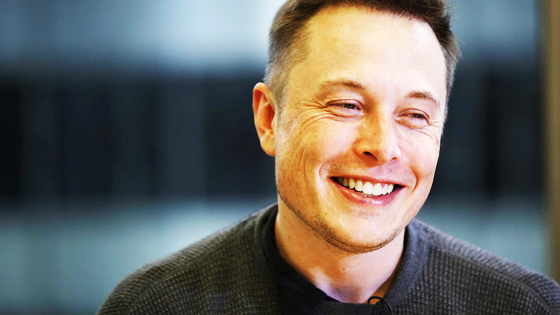Elon Musk and Tesla Motors have gone OPEN-SOURCE with their Electric Car Patents
It appears that while Elon Musk contemplates making a flying car, he’s letting everyone else get into the electric car game. Musk and Tesla Motors have “opened” the patents to their electronic car vehicle things “in good faith.” I don’t really know what “good faith” means, but if we aren’t somehow subverting these plans to make a plasma cannon from Fallout 3 we’re goofing up.
In an attempt to spur innovation, Tesla Motors says that it will allow anyone to use its patented technology on electric vehicles — even its biggest competitors. In a blog post, company CEO Elon Musk says that Tesla will not initiate patent lawsuits against anyone using its technology “in good faith.” He’s made this decision in part because the electric vehicle landscape is so limited right now, with these vehicles representing less than one percent of major automakers’ sales. Musk also believes that the current patent system often serves to stifle innovation and bolster large corporations, rather than helping out individual inventors.
“Tesla Motors was created to accelerate the advent of sustainable transport,” Musk writes. “If we clear a path to the creation of compelling electric vehicles, but then lay intellectual property landmines behind us to inhibit others, we are acting in a manner contrary to that goal.”
Musk says that Tesla no longer sees other automakers’ electric vehicles as its competition, but is instead focused on the millions of gas vehicles still shipping. Allowing others to use Tesla’s patents — and potentially being able to use the patents of others in the future, should they follow suit — might make the electric vehicle landscape evolve far more quickly, making them more appealing purchases.
When Tesla started out, Musk writes, “We felt compelled to create patents out of concern that the big car companies would copy our technology and then use their massive manufacturing, sales and marketing power to overwhelm Tesla. We couldn’t have been more wrong.” [The Verge]




